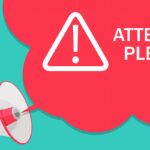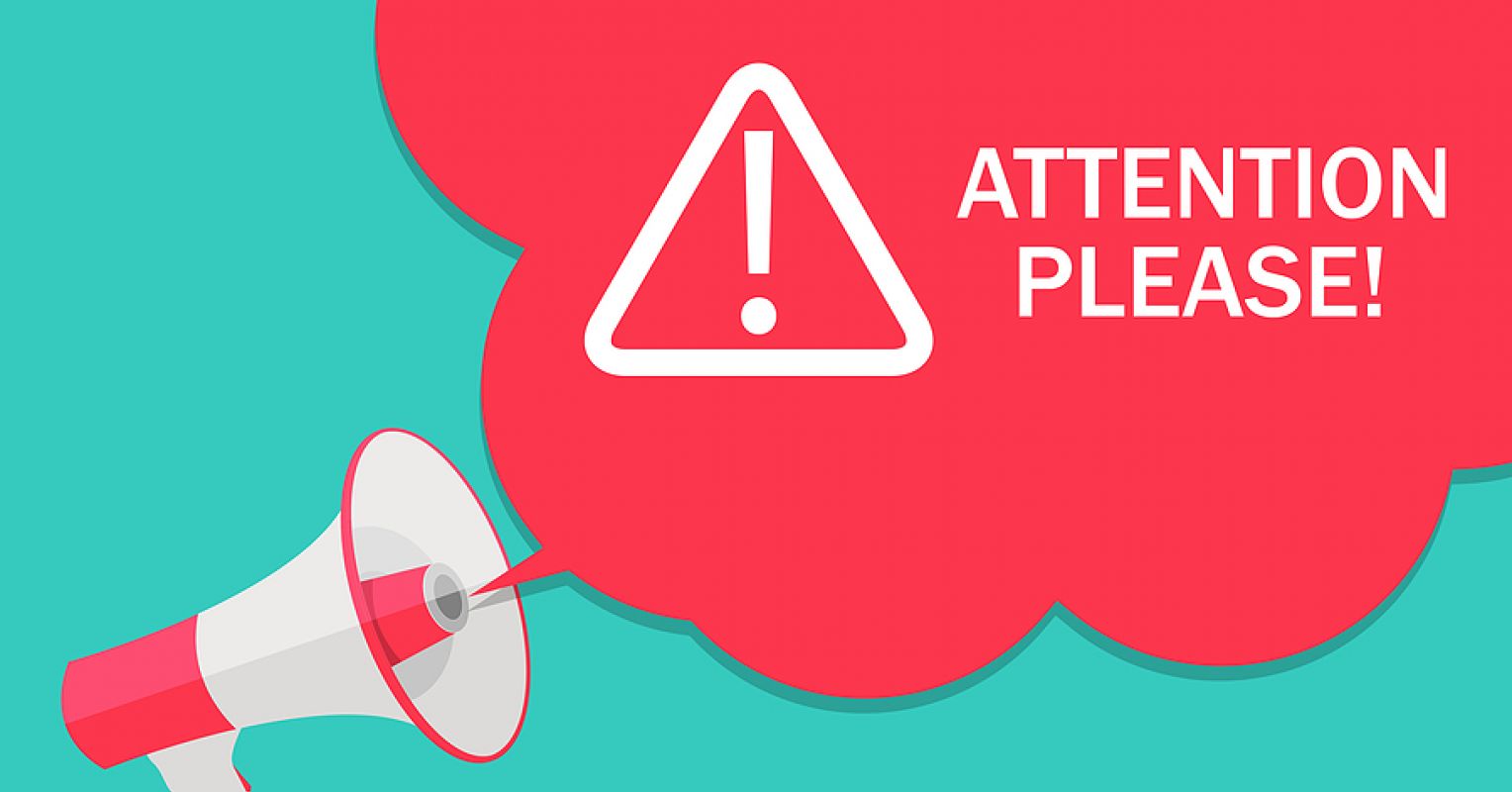Sleep is an essential component of overall health and wellbeing. Unfortunately, many people struggle with getting the recommended seven to nine hours of sleep per night. Poor sleep can lead to a range of negative health outcomes, including obesity, diabetes, and heart disease. Fortunately, there are a variety of sleep aids available, including over-the-counter (OTC) medication, prescription drugs, supplements, and alternative therapies.
In this article, we’ll take a closer look at each of these options and provide an expert review of the best sleep aids available.
Over-The-Counter (OTC) Sleep Aids
OTC sleep aids are available at most drugstores and are designed to help people fall asleep and stay asleep. The most common active ingredient in OTC sleep aids is diphenhydramine, which is also used in allergy medications. Diphenhydramine works by blocking histamine, which is involved in the sleep-wake cycle.
While OTC sleep aids can be effective, they are not without their drawbacks. Diphenhydramine can cause drowsiness the next day and can interact with other medications. Additionally, regular use can lead to dependence and worsen insomnia symptoms.
If you decide to try an OTC sleep aid, we recommend trying it for a short period of time, using the lowest effective dose, and avoiding use on a nightly basis.
Prescription Sleep Aids
Prescription sleep aids are medications that require a prescription from a healthcare provider. These medications are often more potent than OTC sleep aids and can be effective in treating more severe sleep disturbances.
The most commonly prescribed sleep medications are benzodiazepines and non-benzodiazepine hypnotics. Benzodiazepines, such as temazepam and lorazepam, work by enhancing the activity of gamma-aminobutyric acid (GABA), a neurotransmitter that inhibits brain activity. Non-benzodiazepine hypnotics, such as zolpidem and eszopiclone, target the same receptors as benzodiazepines but have different chemical structures
.













